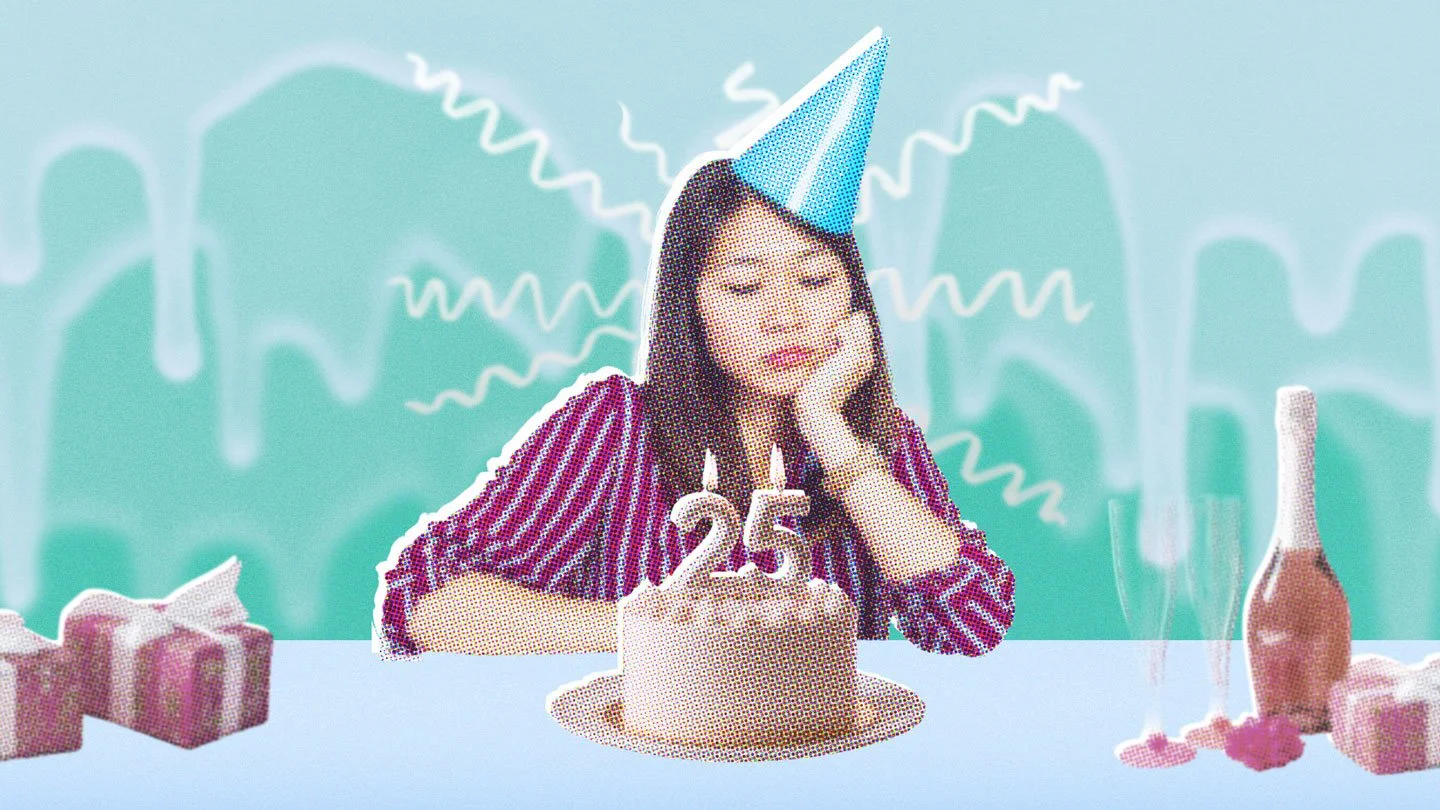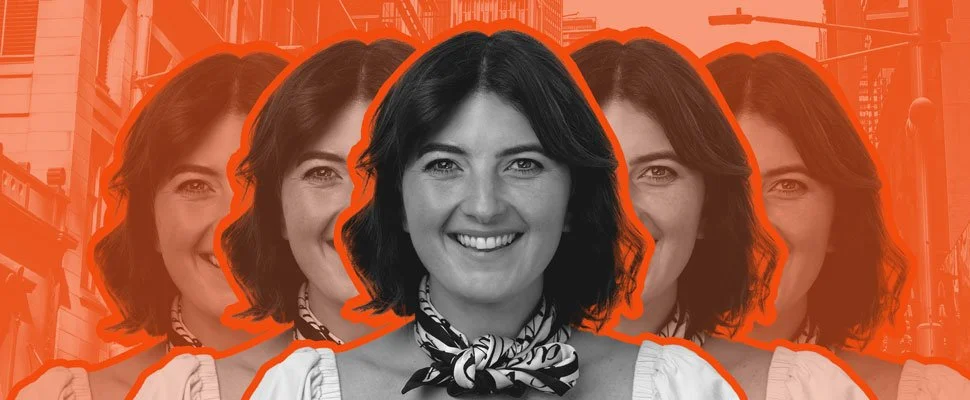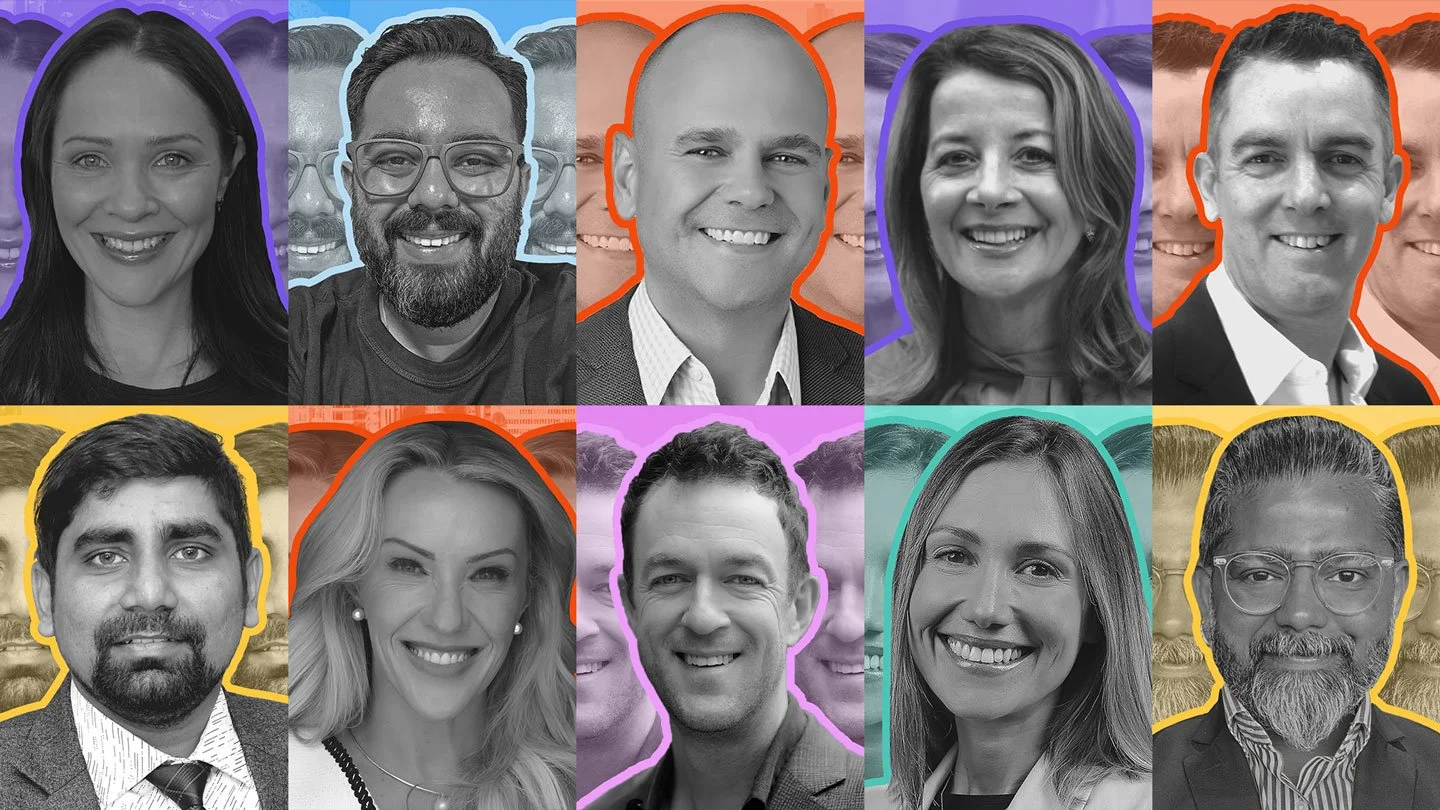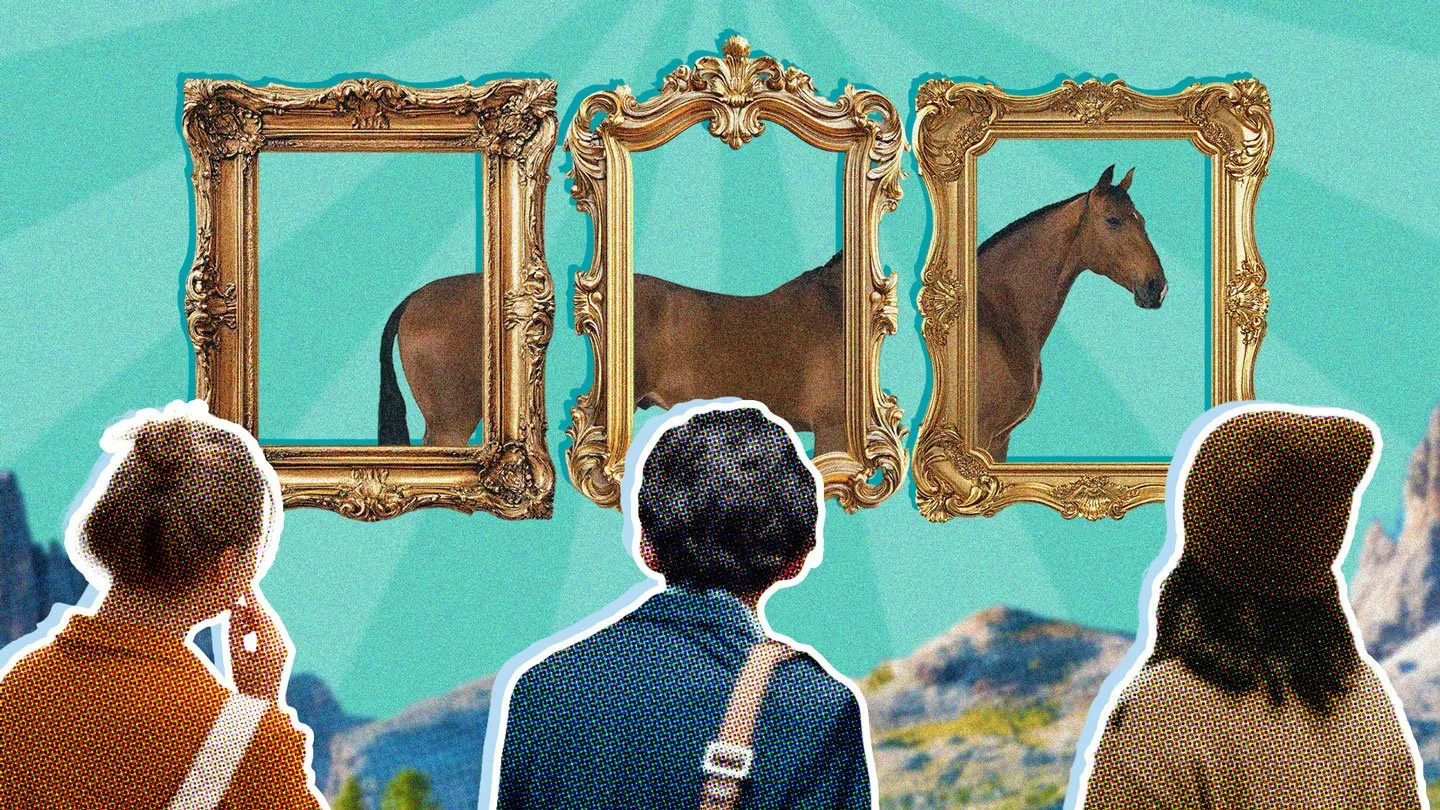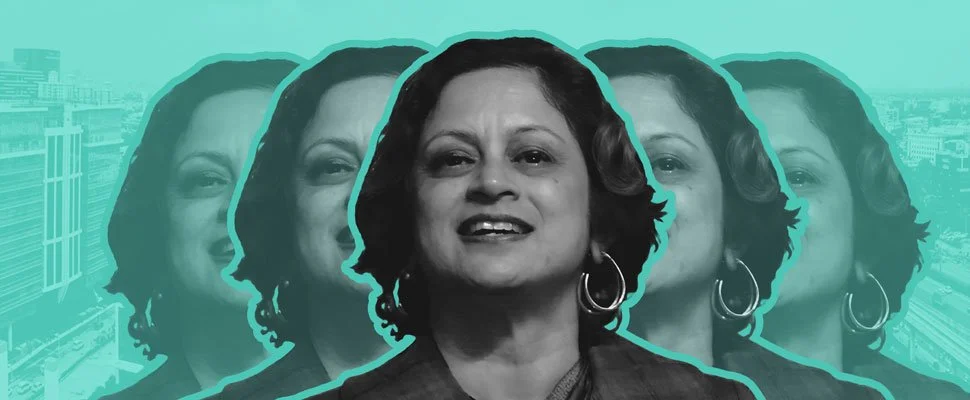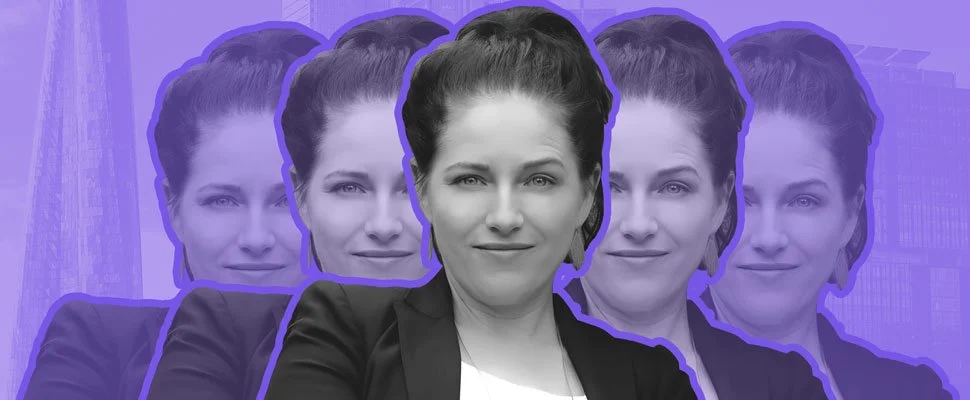Human on the Inside with VicHealth's Ross Green
Maxme: We’re big believers in the power of human skills. But don’t just take our word for it - the evidence for excellence powered by human (‘soft’) skills is everywhere! In this engaging, ever-enlightening series, we speak with industry leaders, innovators and game-changers to learn a little about their personal career journeys, and how human-led strategies, philosophies and cultures are proving a force for good in their working worlds …
Welcome Ross, and thanks for stepping into the #SuccessIsHuman Spotlight! You currently head up Brand & Content for the Victorian Health Promotion Foundation (VicHealth). In 1 sentence (ok, we’ll give you 3), what does your role entail?
Ross Green: I lead our in-house creative team (videography, multimedia, graphic design), which sits within a broader social marketing and communications group/structure. We produce engaging content to support a range of organisational initiatives and objectives. My role also includes managing and monitoring brand positioning.
M: You’ve been with VicHealth for less than a year, but you’re no stranger to the world of health. Prior to a recent ~4 year stint with PwC Australia, you held tenures with the Department of Health & Human Services (Vic), Raising Children Network, the Murdoch Children’s Research Institute, North Yarra Community Health and … a decade as a Podiatrist before that! How does all this work speak to your personal purpose and what drives you as an individual?
RG: I believe strongly in the role that clear communication and engaging content can play to drive better outcomes at the individual, community and societal levels. I’m passionate about helping people understand things or see them from a new perspective, to drive positive social change.
I’m really interested in co-design and how we frame and present information for our audiences. Typically, a lot of information is created without the intended audience’s input or proper consideration of their context. As communicators, it’s our responsibility to connect and share information with others in meaningful ways, not purely on our terms. Listening to who I’m communicating with and learning more about their lived experience has been a constant thread across my career.
And underpinning all of this, I’m particularly passionate about doing work that supports the social determinants of health - the everyday non-medical things that are fundamental to good health and quality of life - e.g. housing, education, employment, gender equity, discrimination, food access, healthy environment, transport and so on.
M: Tell us a little about your personal education pathway/s - what led you to where you are now? How closely do your formal qualifications match your current career?
RG: I started professional work in a clinical role as a podiatrist, primarily within regional and metro community health services. This gave me incredible insight into not only people’s individual health problems, but also broader population health issues and their causes. During these years, I found myself giving out a lot of health information and published resources to people to support their clinical consultation - post-treatment instructions, general ‘about’ info and linking them to other useful information (in the very early internet era mind you, so it was brochures and booklets aplenty!). A lot of this information, while accurate, wasn’t written or designed particularly well. So I became interested in how to blend my health background with communications and content expertise. This led me to a Diploma of Professional Writing and Editing, and further postgrad study in Communications. It also allowed me to transition out of a purely clinical role and into writing and content roles at the organisations mentioned earlier.
M: If you could share one piece of career advice to your 21 year old self it would be ...
RG: We had a few great principles in my team at PwC that I wish I’d known earlier. One of which was ‘seek first to understand, not to be understood. I’d also tell myself that things aren’t always as black and white as the textbook makes it seem.
M: Maximising the potential of individuals, communities and businesses through the power of human skills is the reason Maxme exists. Can you tell us a little about the role and / or value of human skills in your workplace right now?
RG: Well they’re hugely important given we’re all working remotely through Covid. And we’ve had a number of organisational changes recently, so as new people commence with us, human skills are vital for forming strong working relationships and navigating our next phases of work. Human skills help us learn and grow together, while getting the best out of ourselves and each other.
M: Self Awareness sets the critical foundation for all Maxme learning experiences. With that said … what’s your strongest trait / personal super power?
RG: Connecting the dots between ideas, insights, people and possibilities. Historically I’ve always been very good at identifying opportunities (and then annoying my bosses about them).
M: And on the flip side, what’s one human / ‘soft’ skill you’ve had to really work on improving over the course of your career?
RG: Being politely assertive and saying no (very much work in progress). I’m naturally a ‘people pleaser’ and over the last few years have learned a lot about the importance of boundaries for both my productivity and wellbeing.
M: If you could share one piece of career advice with recent secondary or tertiary graduates, or other individuals keen to work in a trade, what would it be?
RG: Always bring your energy and passion. It’s invaluable.
M: You’ve been granted approval to add one University graduate to your team, but have 100 applicants, all with outstanding academic results. How do you find your perfect candidate - what are you looking for?
RG: It probably comes down to trying to work out who best displays a growth mindset, innate curiosity, creative thinking, and the desire and empathy to listen to the perspectives of others (both in the workplace and in the community).
M: In the words of John Dewey, “education is not preparation for life, education is life itself.”
What’s next on your #learning agenda?
RG: Three areas I’m hoping to dive into this year:
leadership content accessibility (e.g. WCAG standards and beyond)improving how we can leverage audience insights and co-design in our work.


